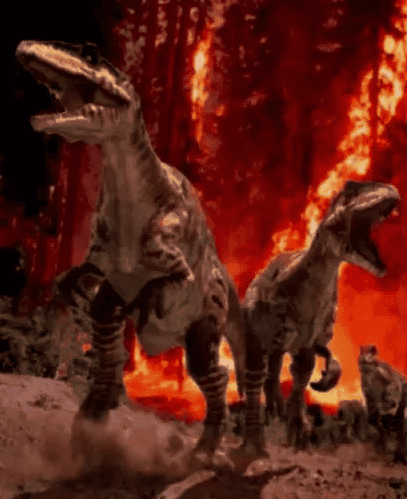Have you ever wondered what would happen if we lived in a world where oxygen would be the only gas in the atmosphere? You would think more oxygen is good for the body and we wouldn’t have trouble in breathing, but nothing could be further from the truth. Our air currently contains 20.95% oxygen which is a result of millions of years of evolution. If the oxygen was to increase by 4.75 %, the results would be catastrophic.
Nitrogen is a stable and naturally inert gas and makes up for 78.09 % of our air. Oxygen, on the other hand, is combustible and a very good oxidizing agent. Breathing in high oxygen content environment causes oxygen toxicity or oxygen poisoning in human beings. This damages the cell membranes and causes the alveoli in the lungs to collapse, causing them to fill with liquid. Other effects are retinal detachments and seizures.

The atmosphere will be highly reactive, causing the food to get oxidized quickly and go stale while we are eating it. Our life span will decrease drastically as the aging process becomes faster. We would be wrinkly by the age of 10 if we even survive that long. Furthermore, a fire once started will keep on spreading due to excess of oxygen and will be near impossible to control.
Plants, unable to produce food in the absence of carbon dioxide will dry up and die and the dry forests will catch fire blackening the sky and everything on the ground will freeze. The only place you will be able to breathe somewhat normally would be at the top of Mount Everest.

“The climate impact was enormous,” Robertson says. “Dust and soot from the impact and fires would have created an ‘impact winter’ with zero sunlight reaching the surface of the Earth for a year or so.” Geologists can see this directly as a thin layer of soot that coincides with the layer between the Cretaceous and the following period—called the K/Pg boundary—all around the world.
Organisms that had somehow managed to survive the intense heat and fires now faced a new threat. “Loss of sunlight would have eliminated the phytoplankton base of almost all aquatic food chains and caused a complete collapse of aquatic ecosystems,” Robertson says, and terrestrial plants were likewise denied precious sunlight for photosynthesis. All told, what evolution took over 180 million years to build up could have been cut back in less than the lifetime of an individual Tyrannosaurus rex. Death came quickly at the end of the Cretaceous.”
In short, life as we know it would come to an end.


